If you think about it, money is more of a concept than an actual thing. After all, how often do you actually hold physical money in your hands or pay for an item in cash?
Money has evolved over time. Currency, in the form of shells, was used in China in about 1200 B.C. Shells were a common means of payment throughout the ancient world. Throughout history all sorts of things have been used as money including salt, cows, beads, even chocolate!
Let’s explore how money has morphed over time.
Chapter 4 topics
- The evolution of money
- The gold standard
- Fiat money
- Central banks
- The Fed and the money supply
- Bitcoin and virtual currency
- Exploring the Federal Reserve Bank
Chapter 4 objectives
- Trace the evolution of money
- Explain intrinsic value.
- Summarize the gold standard.
- Tell where money comes from.
- Compare the risks and benefits of virtual currency.
- Summarize the responsibilities of the Federal Reserve Bank.
Activity Binder
Click here to view and download the Chapter 4 Activity Binder
What Does That Mean? e-Flashcards
Chapter 4 has 12 financial literacy vocabulary terms.
Central bank
Also known as a reserve bank or monetary authority; the institution that manages a nation’s currency, money supply, and interest rates.
European Central Bank (ECB)
“ECB”; the central bank for the Eurozone; the ECB administers the monetary policy of the Eurozone and regulates the euro supply.
Monetary policy
Actions and decisions made by a central or reserve bank designed to maintain a healthy economy and commercial growth.
Legal tender
Medium of exchange recognized by the government of a country as national currency.
Intrinsic value
Value of the essence of a thing, such as the value of the metal within the coin.
Gold standard
Monetary system where a country’s currency or paper money is backed by and redeemable in gold, and value tied to gold.
Fiat money
Currency that the government of a country has declared to be legal tender, not backed by a physical commodity.
Electronic money
Money held in a computer within the banking system and not in any physical form.
Virtual currency
Also called VC; an electronically created peer-to-peer medium of exchange, unregulated by any government.
Bitcoin
A popular virtual currency.
Electronic funds transfer
EFT; the electronic exchange and transfer of money from one account to another.
Quantitative easing
QE; a reserve or central bank policy of increasing the money supply to stimulate the economy
Links to Chapter Resources
Learning Markets – The Goals of the Federal Reserve (6:56 minute video)
The Essence of How Bitcoin Works (5:24 minute video)
AtlantaFed, Money: An Economist’s Perspective – Fiat Money (Part 3) (5:46 minute video)
